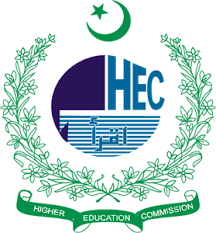Islamic Teachings on Conflict Resolution and Their Application in Family Disputes
Keywords:
Islamic Conflict Resolution, Family Disputes, Islamic Education, Character Development, Social Reform, Pakistan, Madrasas, Sulh, ShuraAbstract
This research article explores the foundational Islamic principles of conflict resolution, with a specific focus on their application within the familial context in Pakistan. It further examines the critical role played by Islamic educational institutions—particularly madrasas and Islamic universities—in nurturing ethical character and promoting social reform through the internalization and practical implementation of these principles. Drawing upon primary Islamic sources (Qur’an and Sunnah) and contemporary scholarly interpretations, the study argues that Islamic conflict resolution mechanisms, grounded in justice (‘adl), reconciliation (ṣulḥ), consultation (shūrā), and forgiveness (‘afw), offer a culturally resonant and effective framework for addressing the rising incidence of family disputes in Pakistani society. The article analyzes the curriculum, pedagogical approaches, and community outreach of Islamic educational institutions, highlighting their potential as agents of positive social transformation. It concludes by proposing recommendations for enhancing the capacity of these institutions to foster conflict resolution skills and ethical conduct, thereby contributing to national social cohesion and stability.









